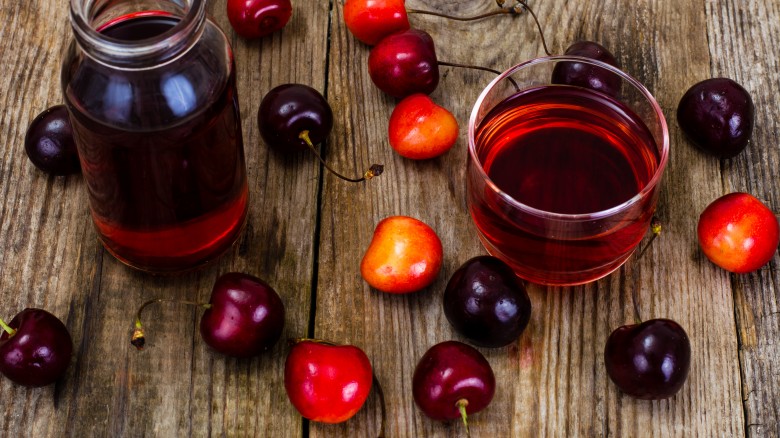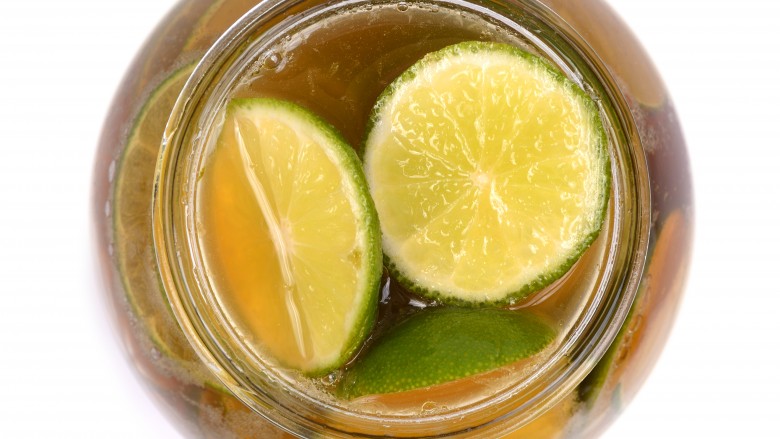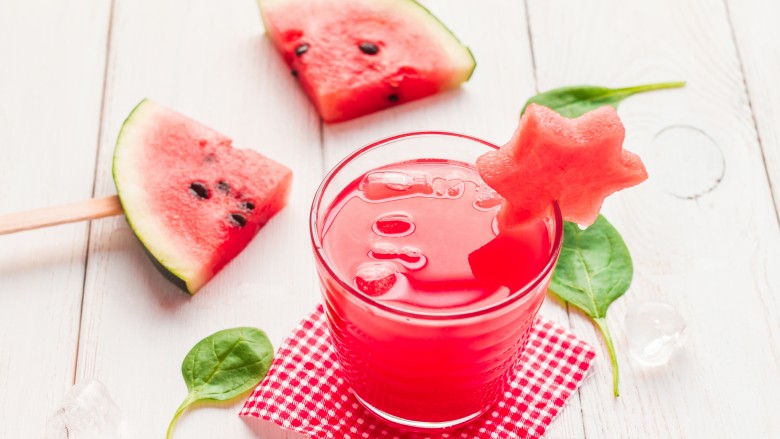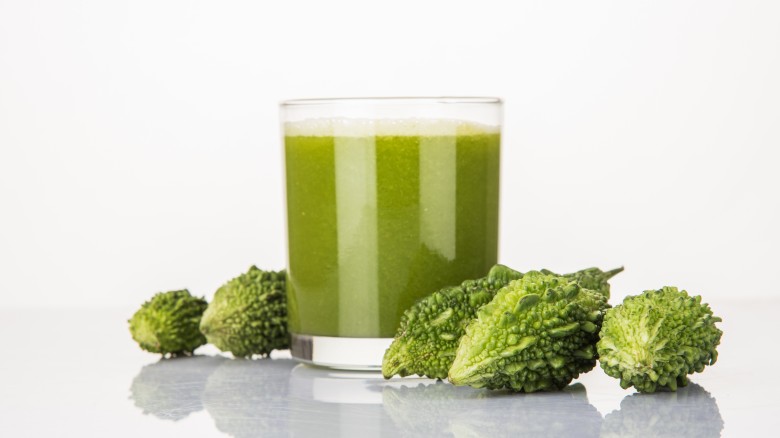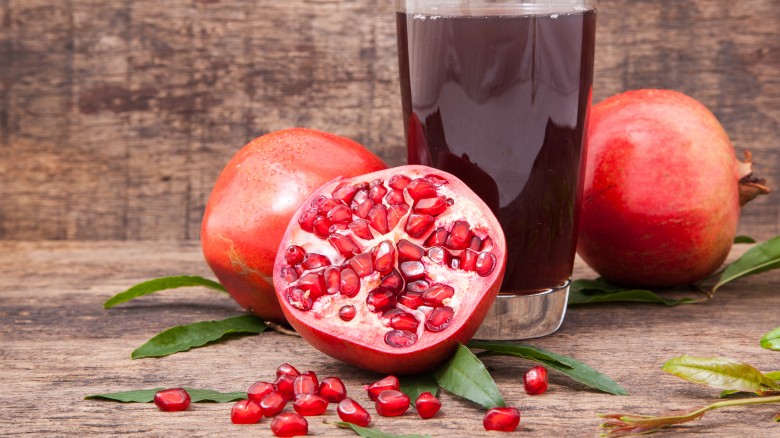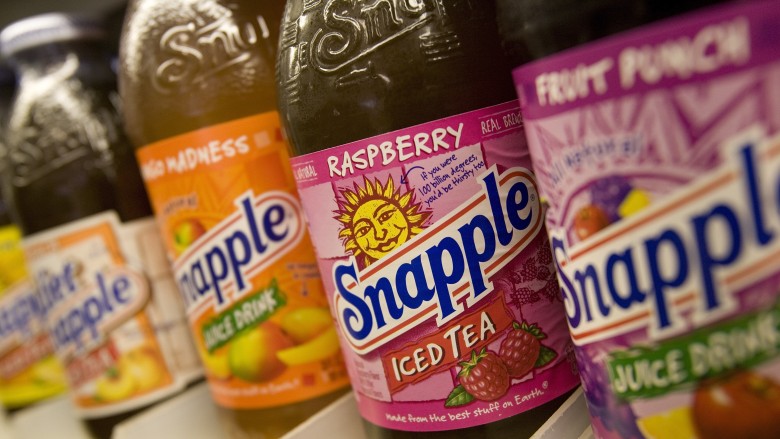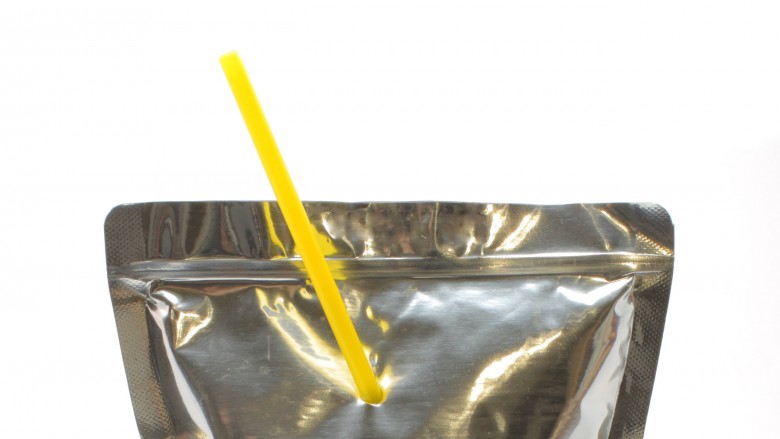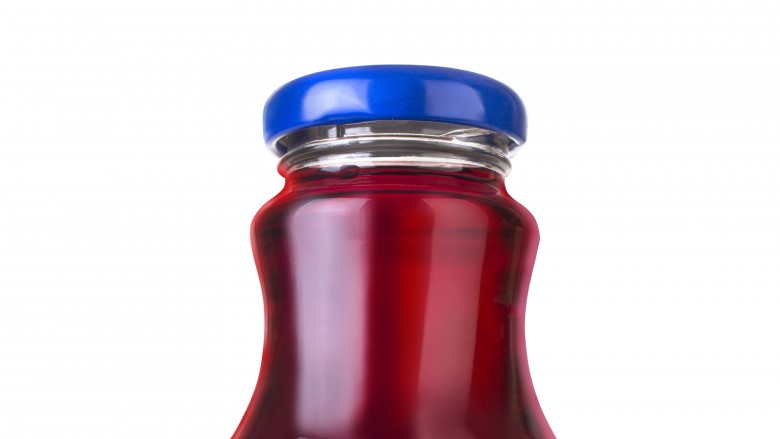5 Juices You Should Be Drinking And 5 You Shouldn't
While not all juices are bad for you, many of the ones advertised as healthy may be just the opposite. Some store-bought and homemade juices do indeed boast vitamins and other nutrients that contribute to a healthy diet when consumed in moderation with everything else you're eating and drinking during the day. That said, beware of false labeling, artificial flavorings, gross additives, and high sugar contents. To help you get started on sorting the good from the bad, here's a list of juices to add to your routine — and others you should pretend don't even exist.
Tart cherry juice
While many fruit juices aren't as healthy as you might think, tart cherry juice is a big exception. As tart cherries are loaded with antioxidants and anti-inflammatory agents, its juice form can be a great beverage to consume in moderation if you live an active lifestyle. A 2010 study shows that drinking tart cherry juice can reduce muscle pain during running. Moreover, the antioxidants in this juice can help to stave off heart disease, cancer, and debilitating illness that stem from aging, too. It can help you sleep better and even prevent the development of gout.
Want to make yourself some life-giving tart cherry juice? Check out this helpful video for tips on how to make a 100 percent juice version.
Pickle juice
Before you discard the leftover juice from your favorite jar of pickles, consider its vast health benefits. Apparently, drinking pickle juice is just the thing to do after a hard night of alcohol consumption. Since alcohol causes dehydration, this briny juice can help to replenish depleted sodium levels. Athletes also love pickle juice since it helps them maintain their electrolyte balance post-workout. Additionally, the vinegar content in pickle juice aids digestion by promoting a balance of bacteria and flora. And for the ladies, drinking it can alleviate cramps during PMS and curb your cravings for salty foods.
Watermelon juice
Watermelon juice is delicious and totally refreshing, but it's also surprisingly good for you. Since it's comprised of mostly water, there's not a lot of room for high sugar content. Additionally, watermelon is a great source of lycopene, which has been shown to reduce the risk of skin cancer. Citrulline, an amino acid found in the fruit, can also encourage better blood circulation and reduce soreness after you engage in physical activity. Cited studies have shown that consuming watermelon and its juice can help to fight against liver damage and improve kidney health.
Check out this recipe from Cookie and Kate to get you started on juicing watermelon.
Bitter gourd juice
If you're not already drinking bitter gourd juice, you may want to consider starting ASAP. The fruit may look like a weird bumpy cucumber and possess a slightly bitter taste as its name suggests, it also has a lot going for it. Full of nutrients like iron, potassium, vitamin C, and magnesium, it boasts a long list of health benefits. The juice from this bright green fruit has been shown to maintain blood sugar levels with its natural insulin and lower cholesterol in addition to helping you maintain lustrous locks and a clear complexion as a result of its high content of antioxidants.
I like this recipe from Reboot With Joe for bitter gourd juice best as it incorporates other fruits to help balance out the bitterness.
Pomegranate juice
Pomegranate juice has long been lauded for its various health benefits, including its role in cancer prevention, immune system health, and fertility. This nutritious beverage is chock full of antioxidants and provides anti-inflammatory effects that may help to prevent many diseases. Cited studies show that pomegranate juice can also aid in improving memory and brain functions. The bonus? This wonderful red juice is incredibly refreshing and delicious to boot.
Make your own pomegranate juice with this easy recipe.
Sunny Delight
Sunny Delight is anything but. While this product is prominently advertised as a kid-friendly orange juice that is 60 calories or fewer and provides 100 percent vitamin C, it's actually more like a crazy science experiment if you take a look at the nutritional information. The first two ingredients are water and high fructose corn syrup followed by modified cornstarch, some canola oil (oh, no big deal), cellulose gum, and a handful of other crazy-sounding additives along with 2 percent or less in fruit concentrate and flavorings. Juice? I think not. Stay away!
Snapple
While Snapple fruit drinks may seem like a healthier alternative to soft drinks, these beverages actually contain nearly as much sugar as soda and sometimes even more calories. A 16-ounce bottle of Snapple fruit punch juice has 200 calories per serving and 47 grams of sugar, while the same amount of Coca-Cola has 190 calories and 52 grams of sugar. While Snapple might present itself as more wholesome than other sugary drinks, it's basically just another sugary drink.
Honest Kids juice drinks
Honest Kids—a brand owned by Coca-Cola—makes organic juice drinks for children. Consumers might see the word "organic" and assume these cutesy pouches are healthy for their children. However, if you look on the company's website, you will see that their orange juice drink actually contains only 31 percent juice. Other flavors are made with even less real juice. Made with more filtered water than juice and other "natural flavors," I'd say you're better off drinking a refreshing glass of tap.
V8 Splash
Made with mostly water and high fructose corn syrup, V8 Splash drinks contain little juice and use artificial sweeteners. The lemonade flavor is sugary and full of additives, including artificial coloring and unpronounceable ingredient names. If you're looking for a healthy juice to quench your thirst, you ought to skip these highly-processed sugary drinks that try to pass as nutritious. Pshaw.
Kool-Aid
Please don't drink the Kool-Aid. Whether you use the powder or liquid mix, this ubiquitous beverage only approximates juice but it's nowhere near the real thing. The mix itself is made with water, additives, and artificial flavors before you add loads of sugar to render the blend minimally drinkable. Completely lacking in nutritional value, no good can come of consuming Kool-Aid on the reg.
Have a glass of juice every now and then, just not one that's full of sugar and strange-sounding ingredients. Better yet? Make your own.

